Music is a form of art that transcends boundaries. Beyond languages and cultural differences, music has the ability to connect people from all corners of the world, breaking all barriers. It possesses the power to touch hearts and strike the perfect strings to evoke our emotions. From joy to sadness, music takes us on a roller coaster ride of emotions that resonates deeply with our souls. Thanks to the advancements in technology today, discovering artists and sharing music have become easier than ever before.
Being a fan of international music, I have always enjoyed exploring the depths of this art form across various cultures, discovering songs in numerous languages. During one such musical exploration, I came across a Korean-translated cover of the infamous Bollywood track ‘Tum Hi Ho – by Arijit Singh’ on YouTube, sung by artist Song Wonsub. As an Indian who has learnt Korean, I could tell his rendition not only captured the melody perfectly, but also demonstrated highly accurate lyrics. Upon exploring the artist’s YouTube channel, Asia Chord, I discovered that the channel featured numerous translated versions of popular songs from various countries and languages, including Thai and Mandarin.
Driven by this enthusiasm, I reached out to the Asia Chord team and got the opportunity to conduct an interview with the artist himself. Below are the excerpts from an email interview conducted with artist Song Wonsub between January 15 to 17, where he shared his heartfelt journey of pursuing his musical dreams and the hurdles he overcame over the years.
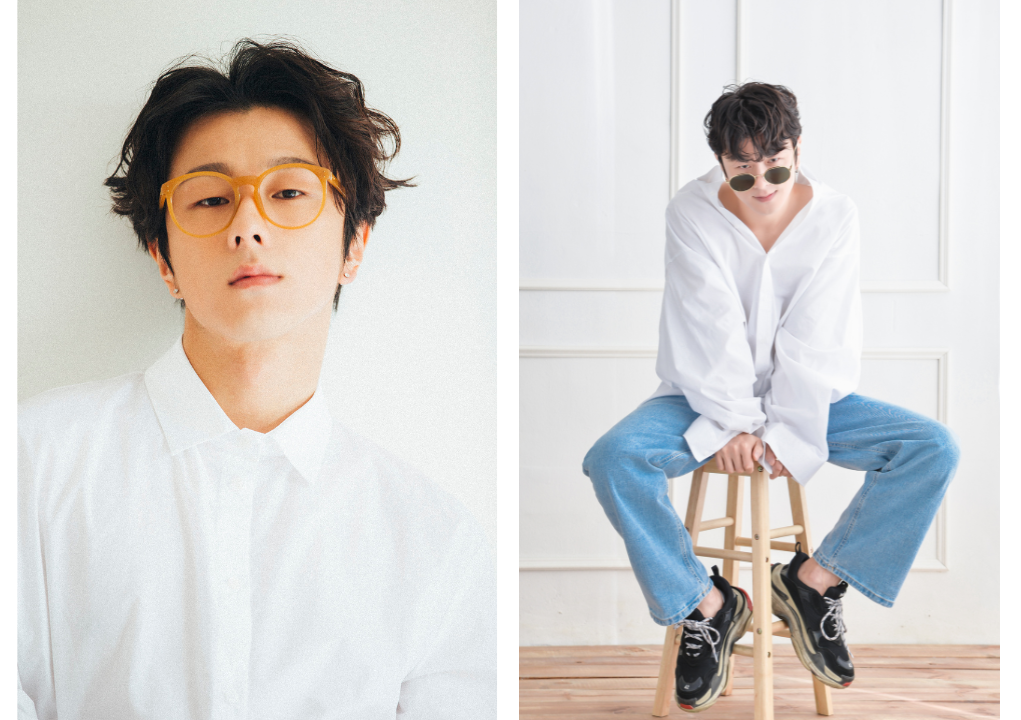
Q. Please introduce yourself and tell us about your musical background.
Hello, I’m Song Wonsub of Asia Chord, based in Korea. I was born in March 1987, and my musical journey began at 18, when I started playing guitar and composing music. During my service in the military in 2008, I joined ‘The Republic of Korea Air Force Band’ where I learnt playing the Trombone for 2 years. After my discharge in 2010, to further indulge in my passion, I majored in music from Seoul National University of Arts in Korea. Since 2012, I had been an active Jazz trombone player in Korea, where I recorded for Korean TV shows like SNL Korea, collaborated with Korean singers like Kim Bum-soo, K.Will, JAURIM, etc., and performed in various concerts. However, in 2016, after meeting an acquaintance who runs an entertainment company, I decided to pursue my ultimate goal of becoming a solo artist. Then, in 2019, I opened my YouTube channel which gained significant popularity among international fans, leading me to perform in concerts across countries, and make appearances on TV and radio.
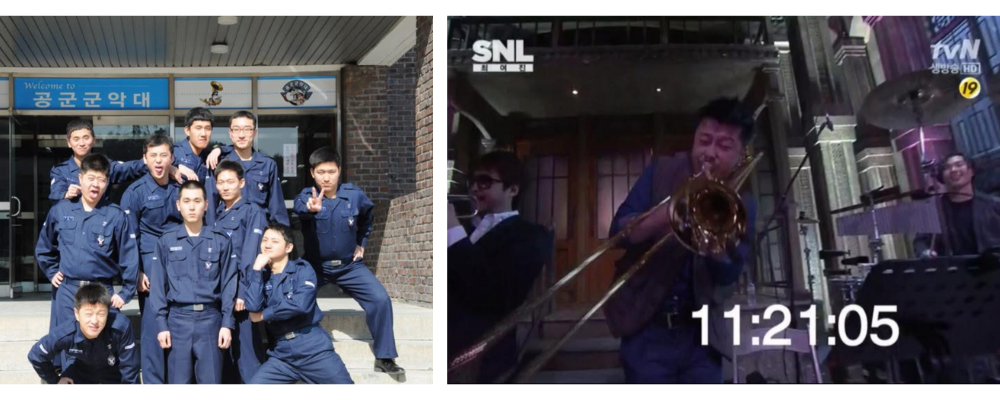
Q. How did Asia Chord come to life?
The music agency I am a part of is called Solomonchord. Asia Chord was born out of Solomonchord by taking inspiration from it, as we wanted to try something new and explore fresh opportunities. Often associated with music, the word ‘Chord’ also symbolises harmony and creation of positive energy, which I want to showcase through my music.
Q. When did you first discover your passion for music and what inspired you to make it into a career?
At 18, I visited a friend’s house and saw him play the guitar. Captivated by the sound of the instrument, I started saving money by working part-time and bought a modest guitar with it. Later, I enrolled at a local music academy and started learning music professionally. My music career took off while I was in college, where I worked with various music industries in Korea, broadening my horizons even further.
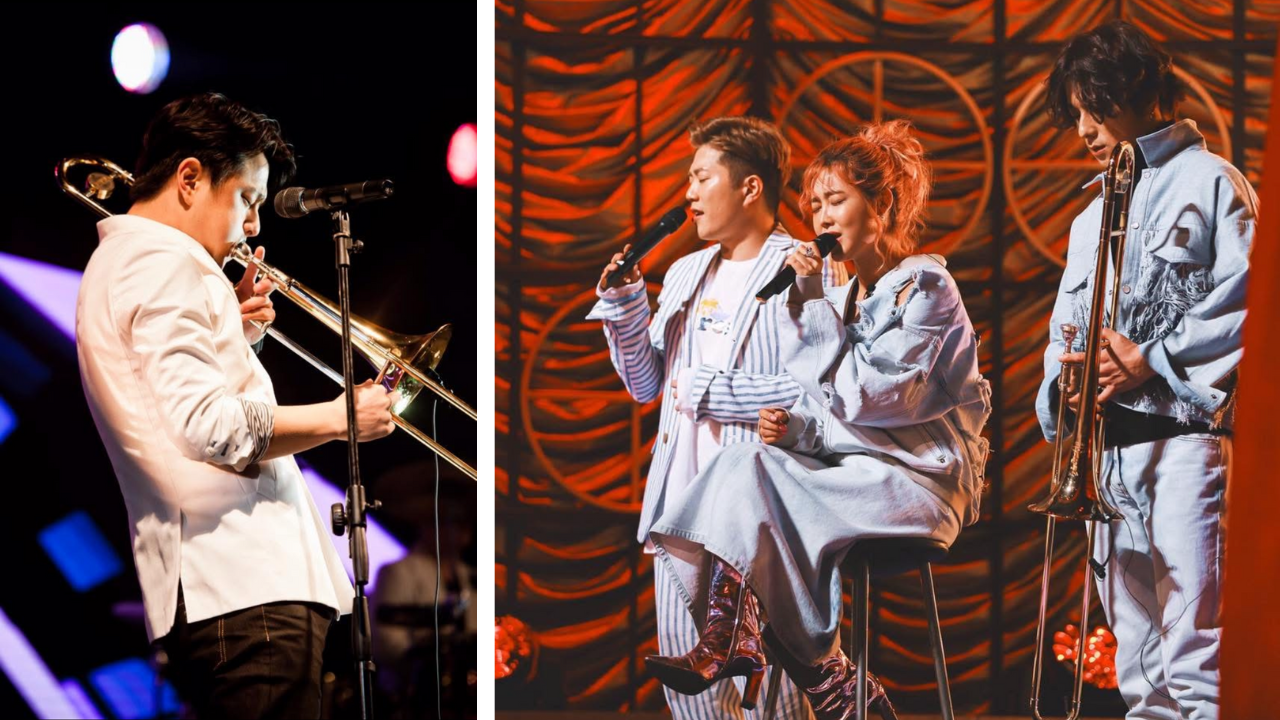
Q. What motivated you to start translating and covering songs from different cultures? How many languages have you explored through your covers till date?
One of the first covers that I recorded was by the legendary singer of the former Soviet Union, Victor Tsoi. The positive response I received led me to record more covers, helping me explore an array of genres and other prominent international music. While looking for something new, I came across Indian music and decided to cover a popular song “Tum Hi Ho”, by Arijit Singh. On a whim, I shared this cover on my Instagram page and it blew up incredibly, gaining lots of attention on both Instagram and YouTube, receiving appreciation from many.
So far, I have covered songs in Thai, Mandarin and Hindi. Most of my YouTube subscribers hail from Central Asia like Kazakhstan, Uzbekistan and from Russia and Ukraine, reflecting the global appeal of my music.
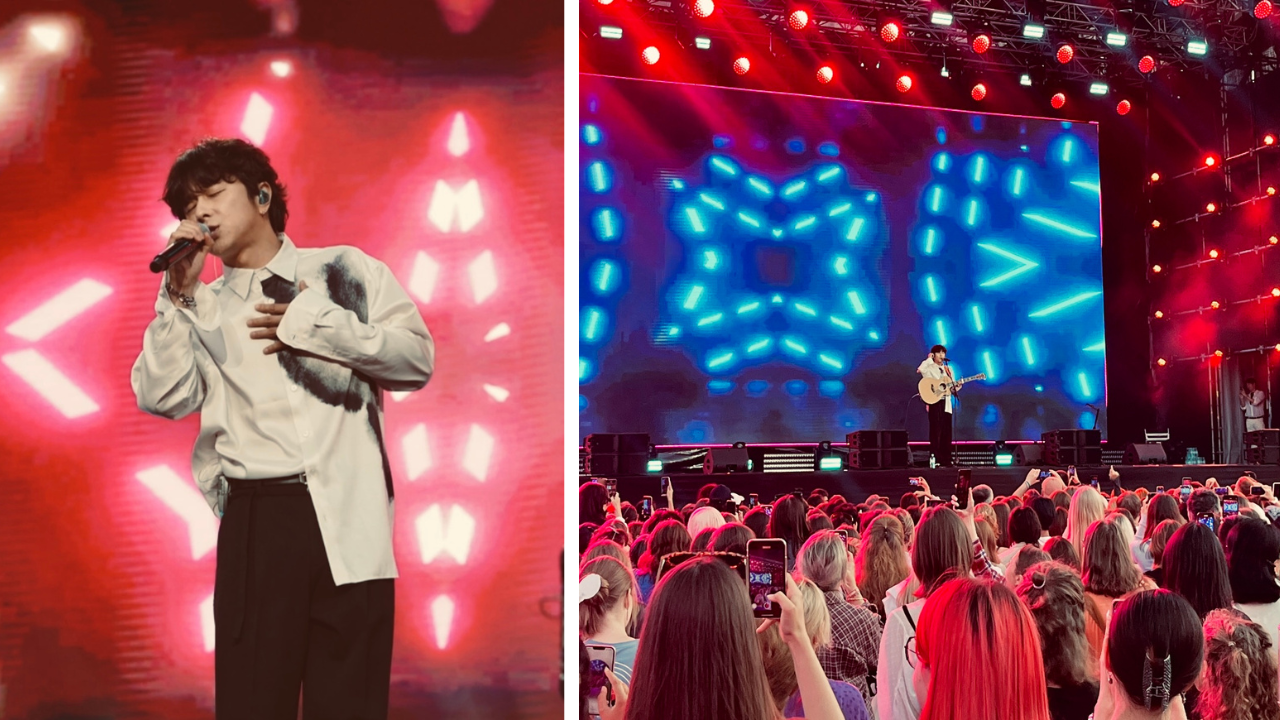
Q. Can you share the process of selecting songs for your covers and what challenges you have faced while translating them into Korean?
Of course. While picking songs, I try to focus on the ones that suit my voice, I sing the original versions first and if it matches my tone then I become sure that the outcome will be good.
There are certain times when I face difficulty while making these songs, as the language and cultural nuances are different and sometimes the meaning of the song lyrics can’t be translated well into Korean. Love songs are fairly easier to translate compared to philosophical ones using difficult words in their lyrics making the translation process even more challenging. In order for me to cover these songs into Korean, the lyrics play the most important part, which is pretty time consuming. Preparing the correct syllables and aligning them to the rhythm while keeping the word limit natural becomes a challenge. Nevertheless, I try to make my songs Korean friendly, exactly like a Korean song, so that it does not sound awkward to Koreans and maintains a natural flow.
Q. Is there any artist or genre that has inspired your music style?
There are so many artists that I look up to. All the artists I listened to from a young age till now, have inspired me in their own ways, completing me like pieces of a puzzle. So, naming them all will take me an entire day. As for genre, I love classical music, jazz, blues and Korean music.
Q. How do you think your music helps in bridging cultural gaps? In your opinion, what impact does your music have on your audience?
Having sung songs in various languages, I believe understanding and appreciating cultural differences is an essential part of my music and one of its attracting points. For fans of Korean culture, K-dramas and K-pop, my covers offer a sense of familiarity, while Korean learners can benefit from the translated versions, helping them to grasp the language faster. Although most of my audience hail from different countries, I try to bring them closer to Korea through my music. Since, 2019, we have performed and held concerts in numerous countries like Russia, Ukraine, Moldova, Kazakhstan and more. Through these performances I hope to reach a broader audience and spread my passion for music even further.
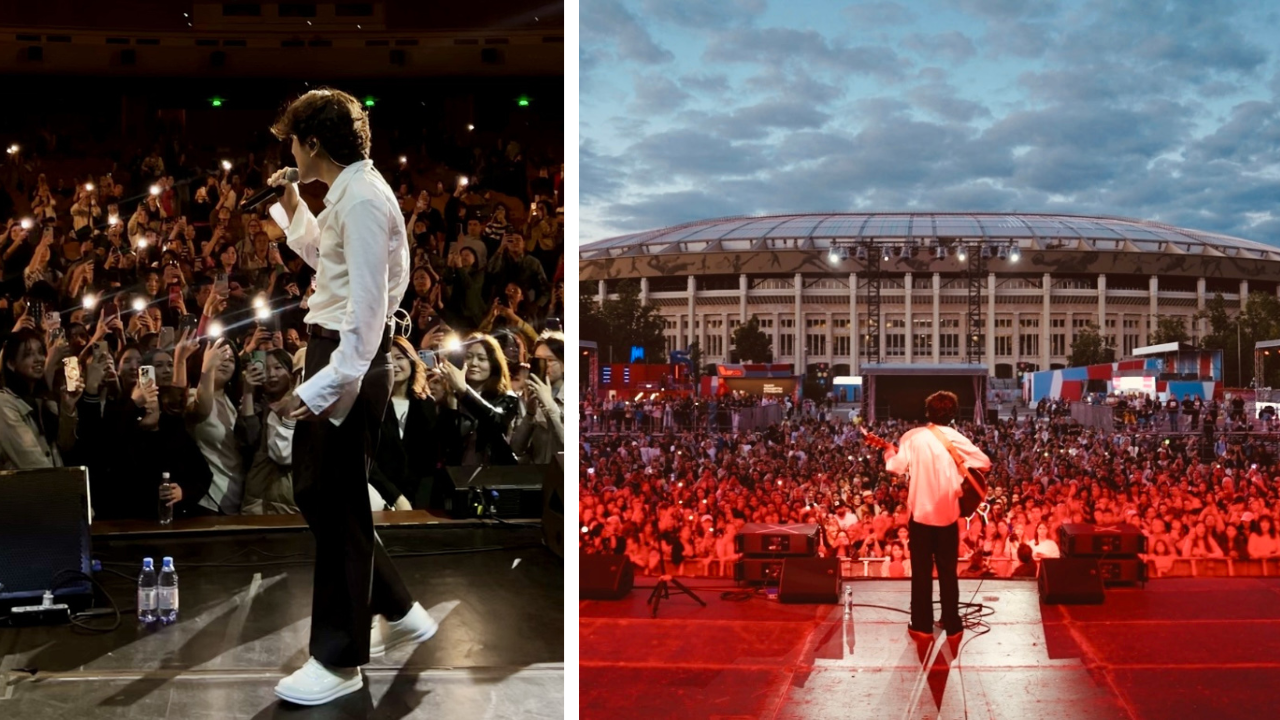
Q. What has been the most pivotal and memorable experience of your career so far and what are your future plans and aspirations?
I cannot seem to pinpoint a specific moment as the most memorable one, as every experience has been very special in my music journey. But, if I had to choose, I would say, meeting fans in person, stepping on a new ground and experiencing new emotions during my concerts abroad, stood out the most for me. Looking ahead, I plan to continue making music covers while also exploring different genres. My goal is to get closer to people through my music.
Q. What advice would you give to budding musicians interested in exploring cross-cultural music?
Just go for it! Don’t overthink or worry too much about what is to come. Start somewhere, because everything begins with just a coincidence. Also, embrace your competition as I believe competition is the key to exploring your own colours and a way to express your authenticity.

Artist Song Wonsub’s journey reflects his true passion for music, while also bridging cultural gaps. His story is a proof of music’s global appeal, connecting people across the globe. As he continues on his trail to success, he is bound to become an inspiration for many.
How about this article?
- Like8
- Support0
- Amazing6
- Sad0
- Curious0
- Insightful4


